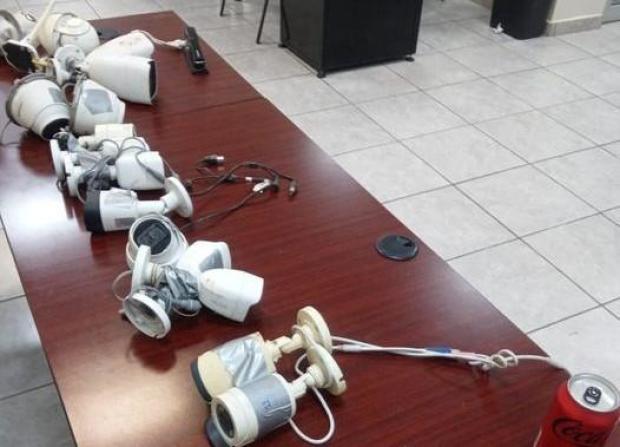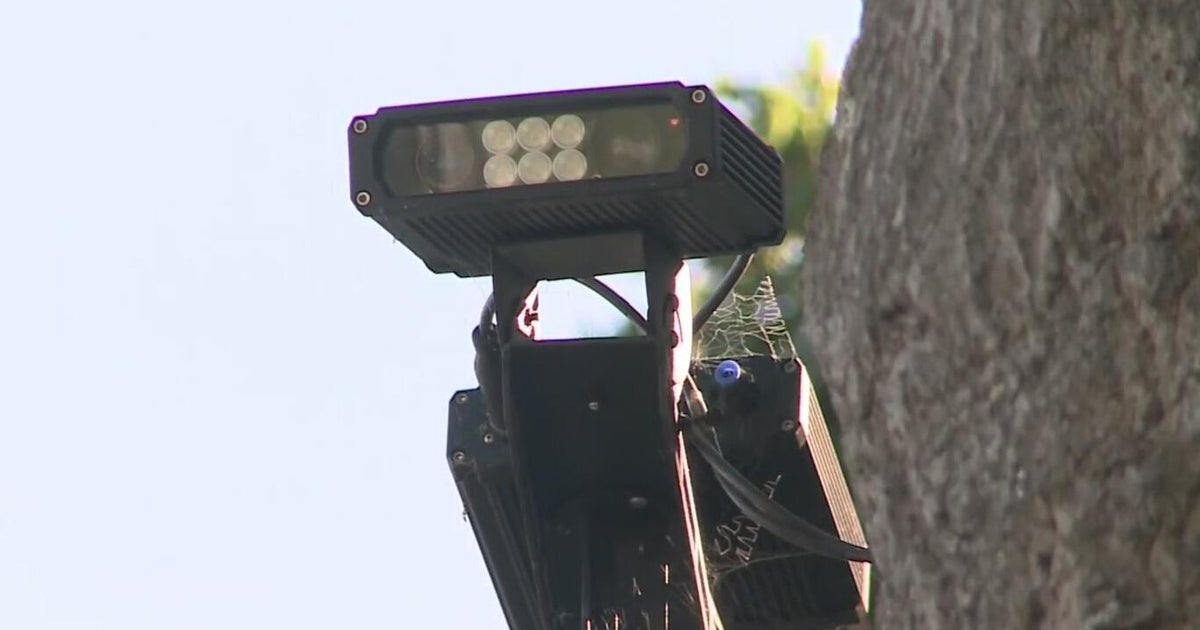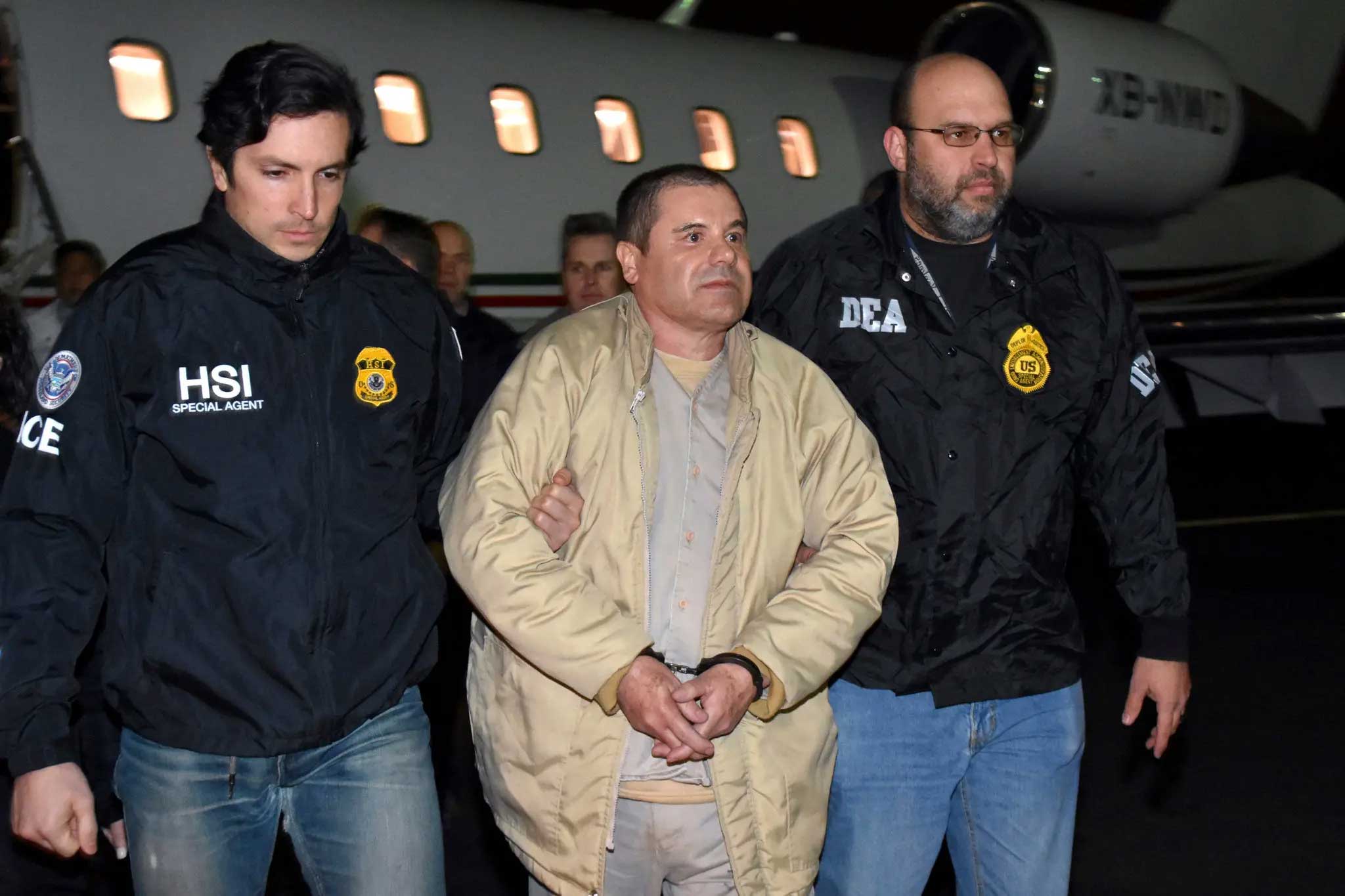Surveillance cameras placed on palm trees by drug cartel "falcons" in city on border with Arizona, Mexico authorities say
Mexican authorities said they have detected and seized 24 drug cartel surveillance cameras fixed to telephone poles, light posts and even palm trees in the border city of San Luis Rio Colorado.
The city on the border with Arizona has suffered years of violence between drug cartels fighting for control of the border crossing, where they can smuggle drugs.
Prosecutors in northern Sonora state said Friday the cameras had been placed there by "falcons," the name commonly used in Mexico for drug cartel lookouts seeking to keep tabs on the movements of soldiers and police.
Army troops removed the devices, and photos posted by prosecutors on social media suggested they were common porch-style cameras wrapped in duct tape. They were found in three different neighborhoods, located "on electric power poles, public lighting, telephones and even in palm trees," prosecutors said.
San Luis Rio Colorado, located across from Yuma, Arizona, is best known as a border town where Americans go for inexpensive prescriptions and dental work. But it has increasingly been hit by drug cartel violence.
It is not the first border city where cartels have installed their own surveillance networks.
In 2015, a drug cartel in the northern state of Tamaulipas used at least 39 surveillance cameras to monitor the comings and goings of authorities in the city of Reynosa across the border from McAllen, Texas.
The cameras were powered by electric lines above the city streets and accessed the internet through phone cables along the same poles, and included modems and were capable of operating wirelessly or through commercial providers' lines.
Several of the cameras were trained on an army base, while others captured movement outside a marine post, offices of the attorney general and state police as well as shopping centers, major thoroughfares and some neighborhoods.
Over the course of 2015, authorities also discovered 55 radio communication antennas between the nearby border cities of Matamoros and Miguel Aleman.
Last week, the U.S. Treasury Department said it sanctioned two Mexican businesses — an ice cream chain and a local pharmacy — for allegedly using proceeds of fentanyl trafficking to finance their operations tied to the Sinaloa cartel.
The sanctions were announced as rival cartel factions have been in a deadly conflict with each other and authorities following the surprise arrest on U.S. soil of Sinaloa Cartel co-founder Ismael "El Mayo" Zambada in late July, which is believed to have unleashed an internal power struggle within the group.






